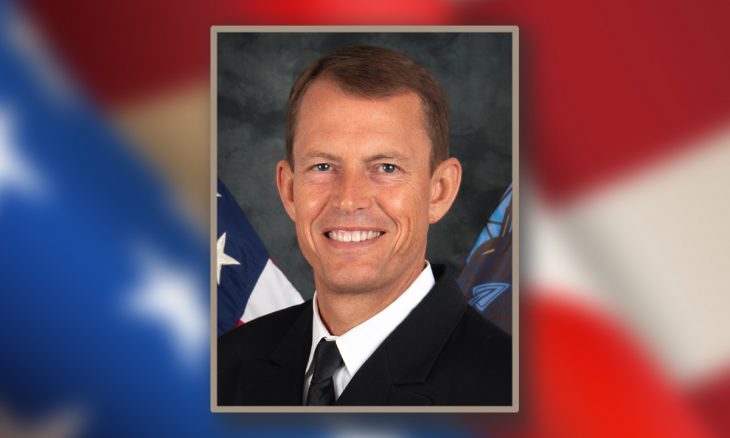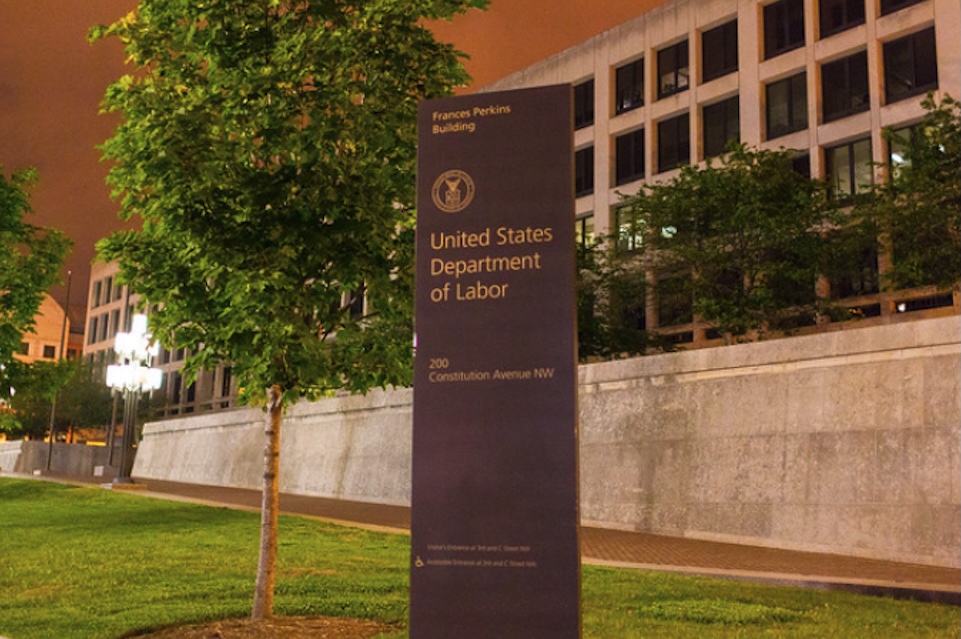Rear Admiral Michael Studeman
Director, U.S. Indo-Pacific Command
Michael Studeman is a graduate of the College of William and Mary. He also graduated from the Naval Postgraduate School, an honors graduate in Mandarin Chinese from the Defense Language Institute, and a distinguished graduate of the National War College.
He has primarily worked in intelligence, including for attack squadron 35, Black Panthers aboard USS Saratoga during Operations Desert Shield and Desert Storm. He was assistant staff intelligence officer for the 7th Fleet onboard USS Blue Ridge, and assistant chief of staff for intelligence with Carrier Strike Group 8 onboard USS Eisenhower in support of Operation Enduring Freedom. He also led analytic divisions at the Fleet Ocean Surveillance Facility in Spain in support of Balkan operations.
Studeman was the first chief of the Pacific Command Studies Team, Joint Intelligence Operations Center, Hawaii, the first senior intelligence officer for China, Office of Naval Intelligence, and first director, Commander’s Initiative Group, U.S. Fleet Forces Command.
He served at the Pentagon as a White House fellow, special assistant to the Chief of Intelligence of the Department of Homeland Security, strategic issues lead for the Navy’s Quadrennial Defense Review Team, director of Navy Command, Control, Communications, Computers, Intelligence, Surveillance, and Reconnaissance concepts. He served as special assistant to the Vice Chief of Naval Operations, director of Navy Unmanned Airborne Systems, special assistant to the Chief for Naval Operations, and director, Strategic Actions Group.
Before his current assignment, he commanded the Hopper Information Services Center in Maryland and Joint Intelligence Operations Center, U.S. Cyber Command, at Fort Meade, Maryland, and was director of intelligence for the U.S. Southern Command in Miami, Florida.
In the News…
For much of this year, officials with U.S. Indo-Pacific Command, the Pentagon, and U.S. intelligence agencies have repeatedly warned about the threat from China, from its growing military might to what they describe as Beijing’s ever bolder forays into cyberspace and espionage campaigns.
Navy Rear Admiral Michael Studeman, Indo-Pacific Command’s director for intelligence, has concerns that the information has not been enough. “I’m wondering in Washington how many folks are truly persuaded,” he said recently. “Frankly, it’s hard to get a lot of attention to certain kinds of scenarios.”
He said part of the difficulty is that while many in the U.S. see war as unlikely, countries like China view it as a more organic part of their struggle. Beijing, under the leadership of President Xi Jinping in particular, is prepared to go to great lengths to surpass the United States as a preeminent global power.
“Xi Jinping is very Machiavellian. The end justifies the means,” Admiral Studeman said. “The dream justifies achieving that dream at almost any cost.”









